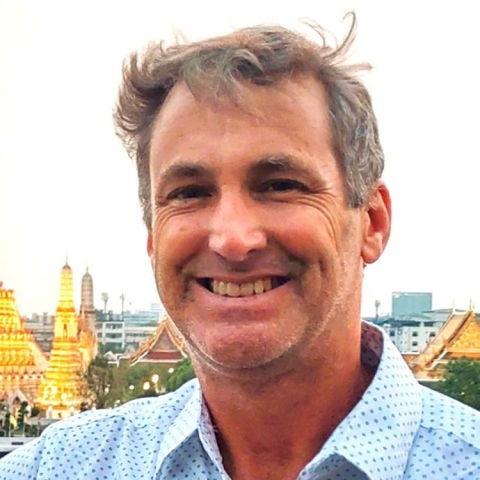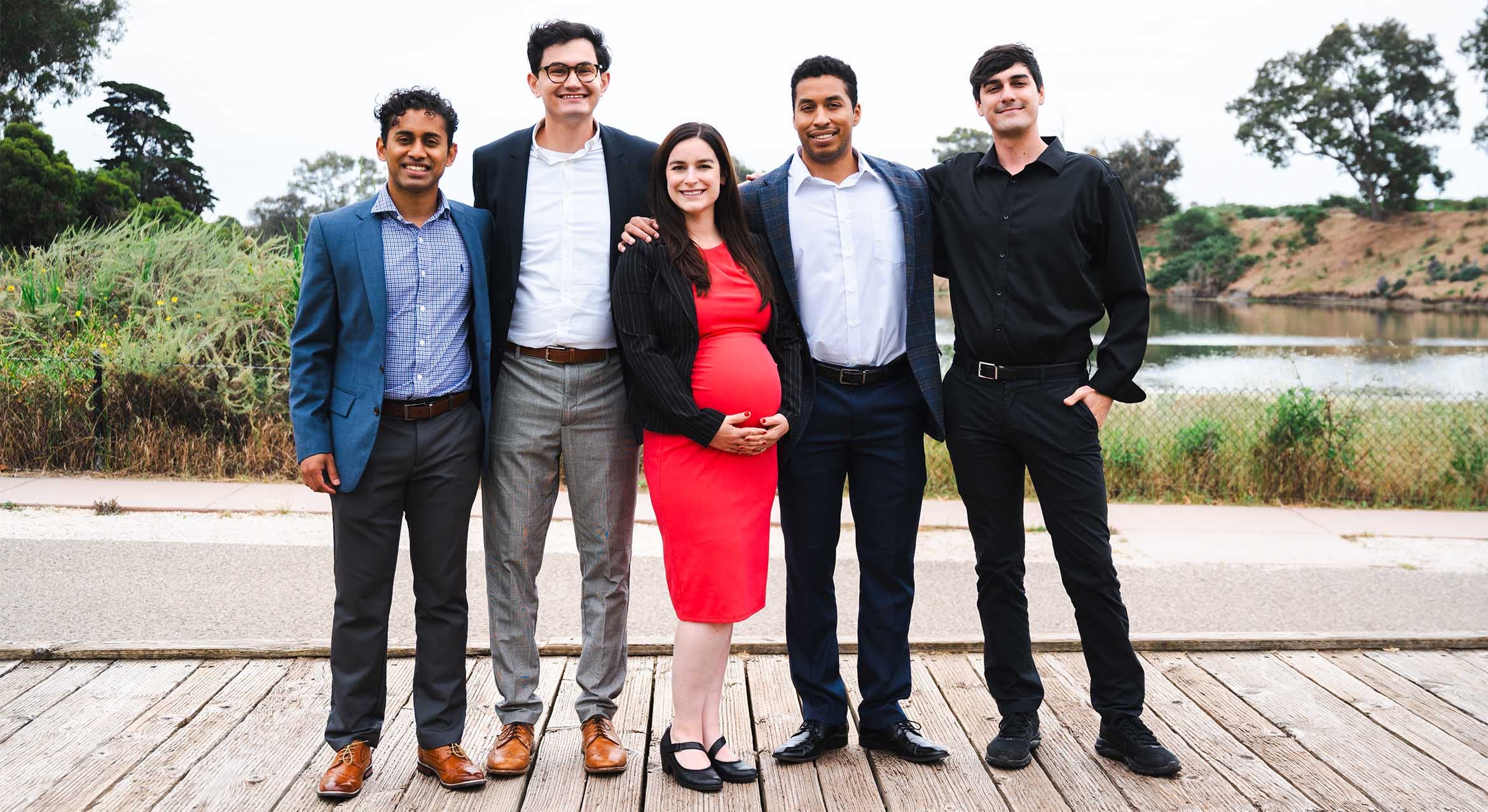UCSB geographer receives NSF grant to study adaptations to land degradation and ‘bright spots’ of resilience
How do people adapt to the effects of land degradation? Are there responses that prove to be more resilient than others, for both humans and nature? As land uses and land quality around the world transition due to factors such as climate change, industrialization or the need for arable land, it becomes important to understand what drives land degradation and how people who live in those places respond to it.
UC Santa Barbara human geographer David López-Carr is among those searching for that knowledge. With a new grant from the National Science Foundation’s Division of Behavioral and Cognitive Sciences, he is teaming up with co-principal investigators Kevin Mwenda at Brown University and Narcisa Pricope at Mississippi State University to conduct a study of household adaptation amongst hot spots of land degradation vulnerability and bright spots of resilience.
“We want to know what factors at regional, local and household scales are associated with sustainable livelihoods and forest conservation,” said López-Carr, who specializes in connections among population, health, livelihoods and the environment, and seeks win-win outcomes for people adapting to changes in their environments, particularly in Latin America and in Africa.
The researchers will develop a novel methodology using globally available data to identify areas of improving ecological conditions and human resilience and regions of land degradation and human vulnerability. They’ll be using household surveys, community-level interviews and drone imagery to probe in greater depth at local scales the drivers of land degradation, and how people in these areas respond. The hope, said López-Carr, is to find strategies for resilience that may be shared and translated into action plans for similar places that are experiencing land degradation and subsequent human vulnerability.
The research, according to NSF, “has important implications for challenging theories on deforestation and land transitions as well as human adaptive responses,” and will be particularly important for those living in tropical forest frontiers, which are among the world’s most threatened ecosystems.




